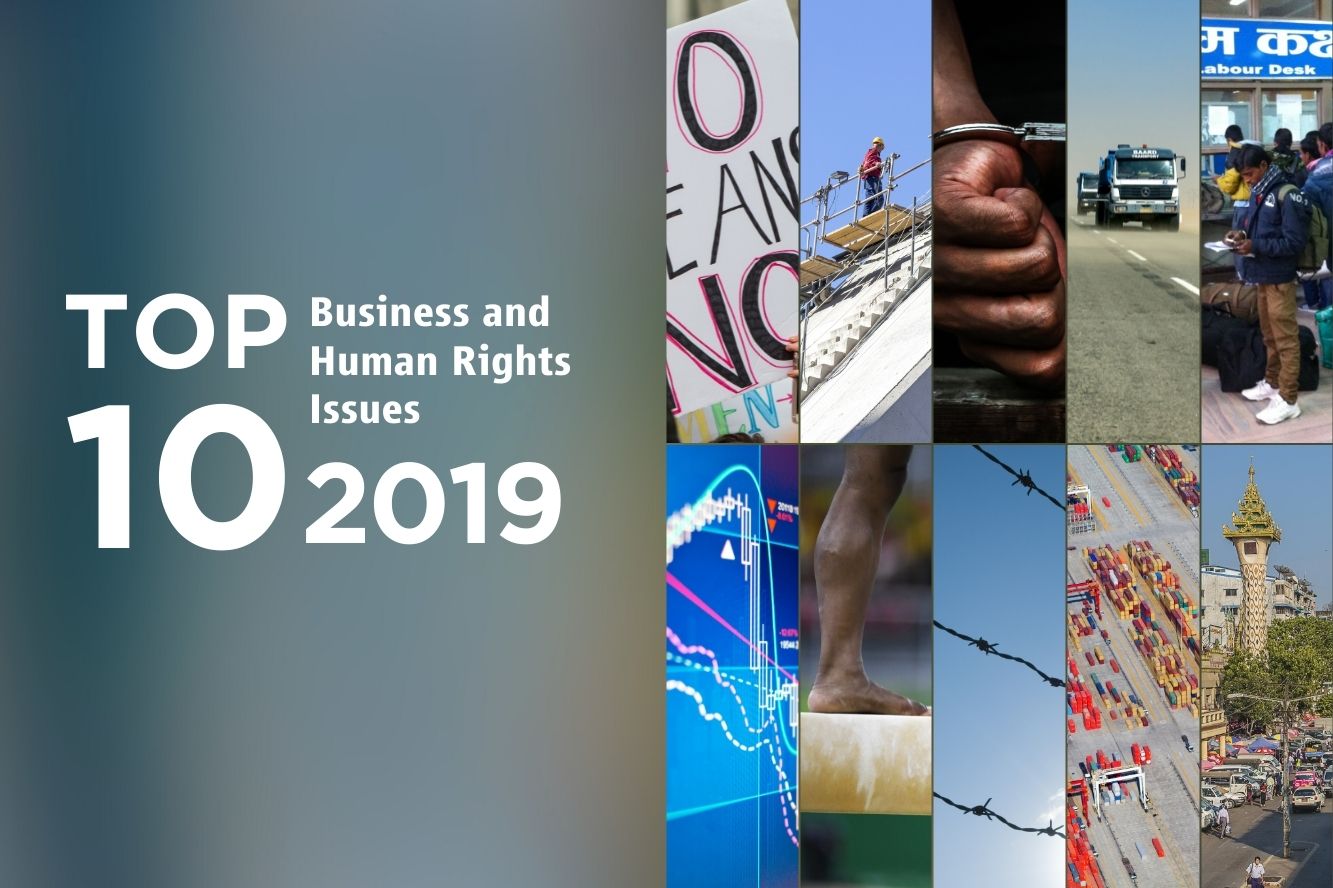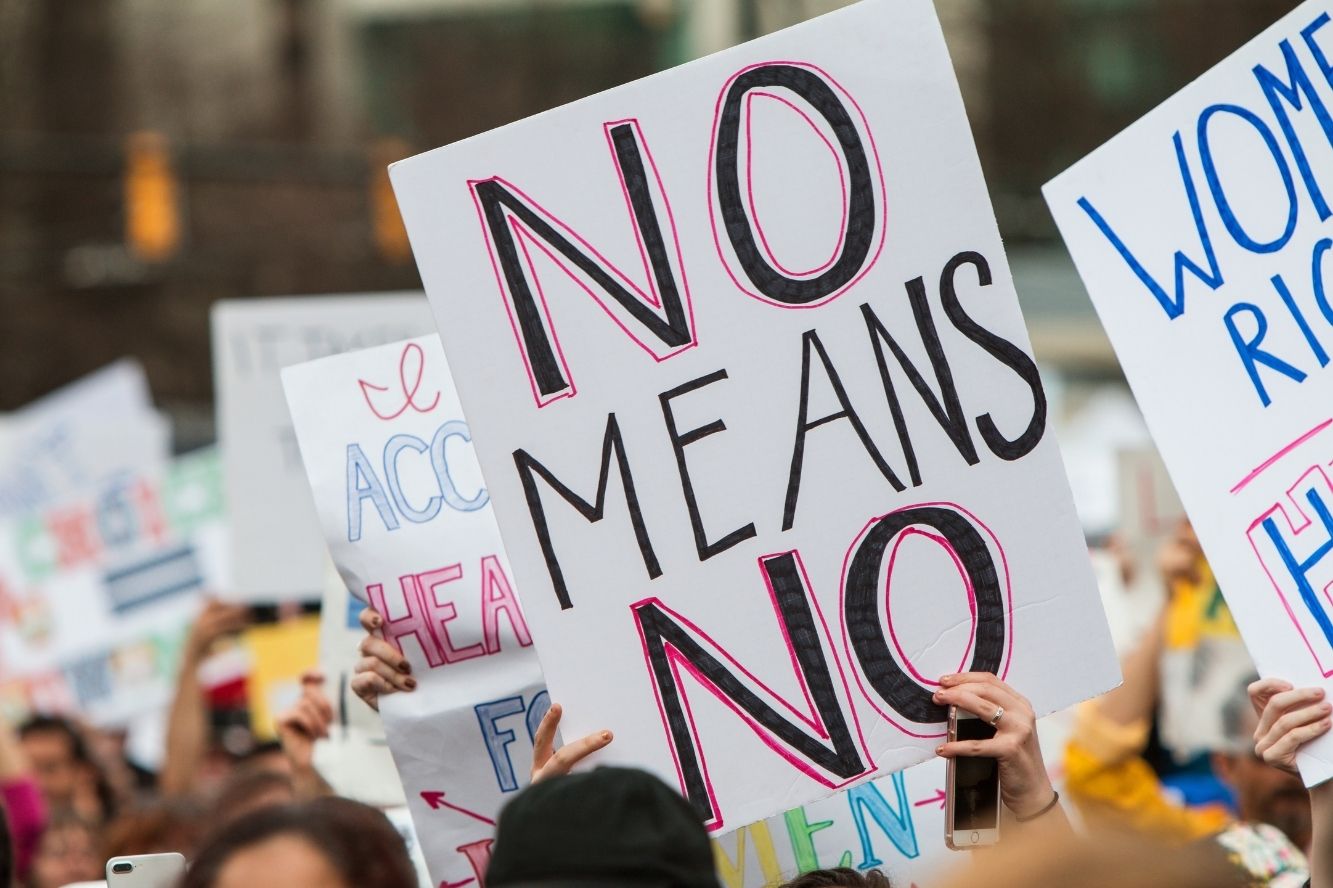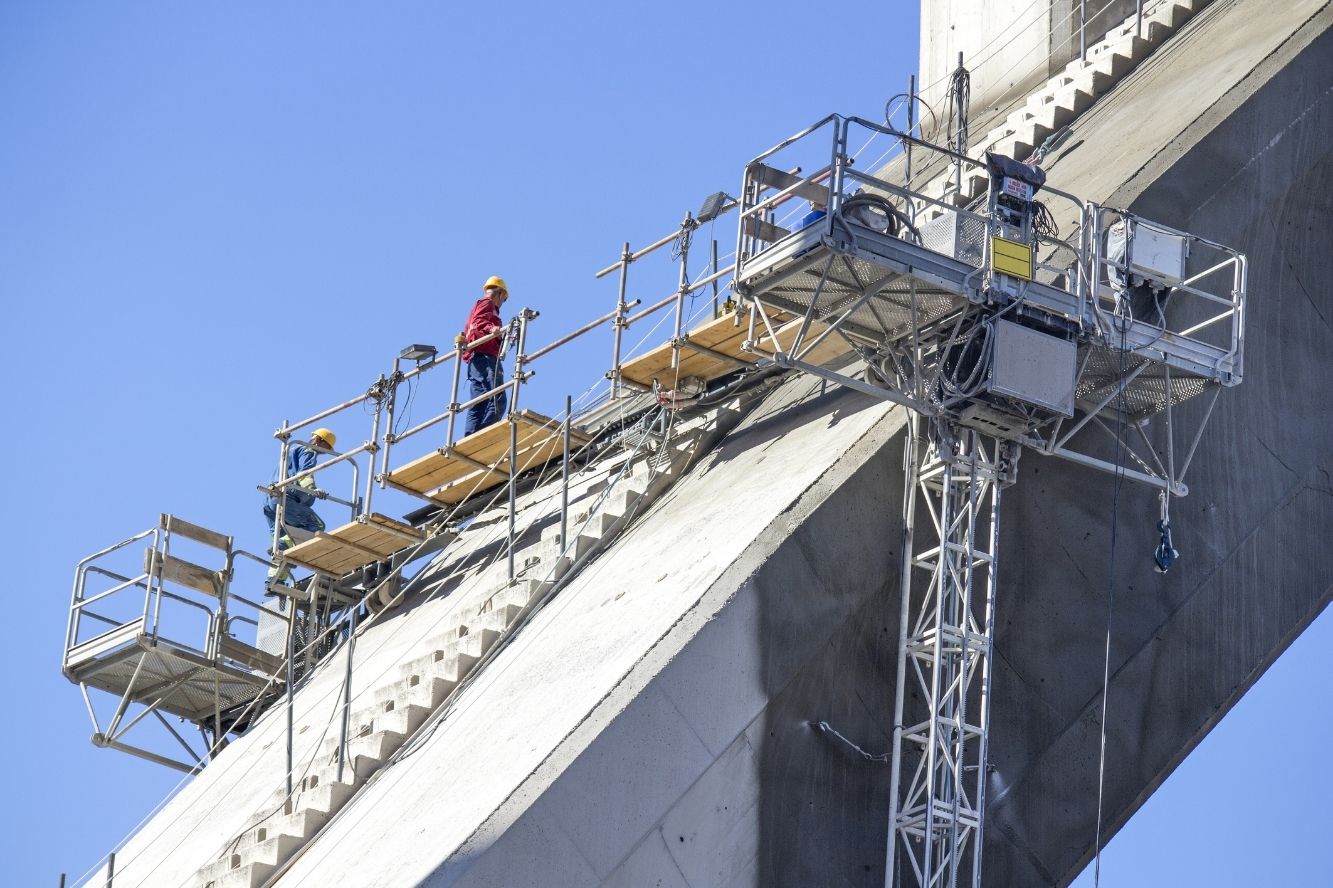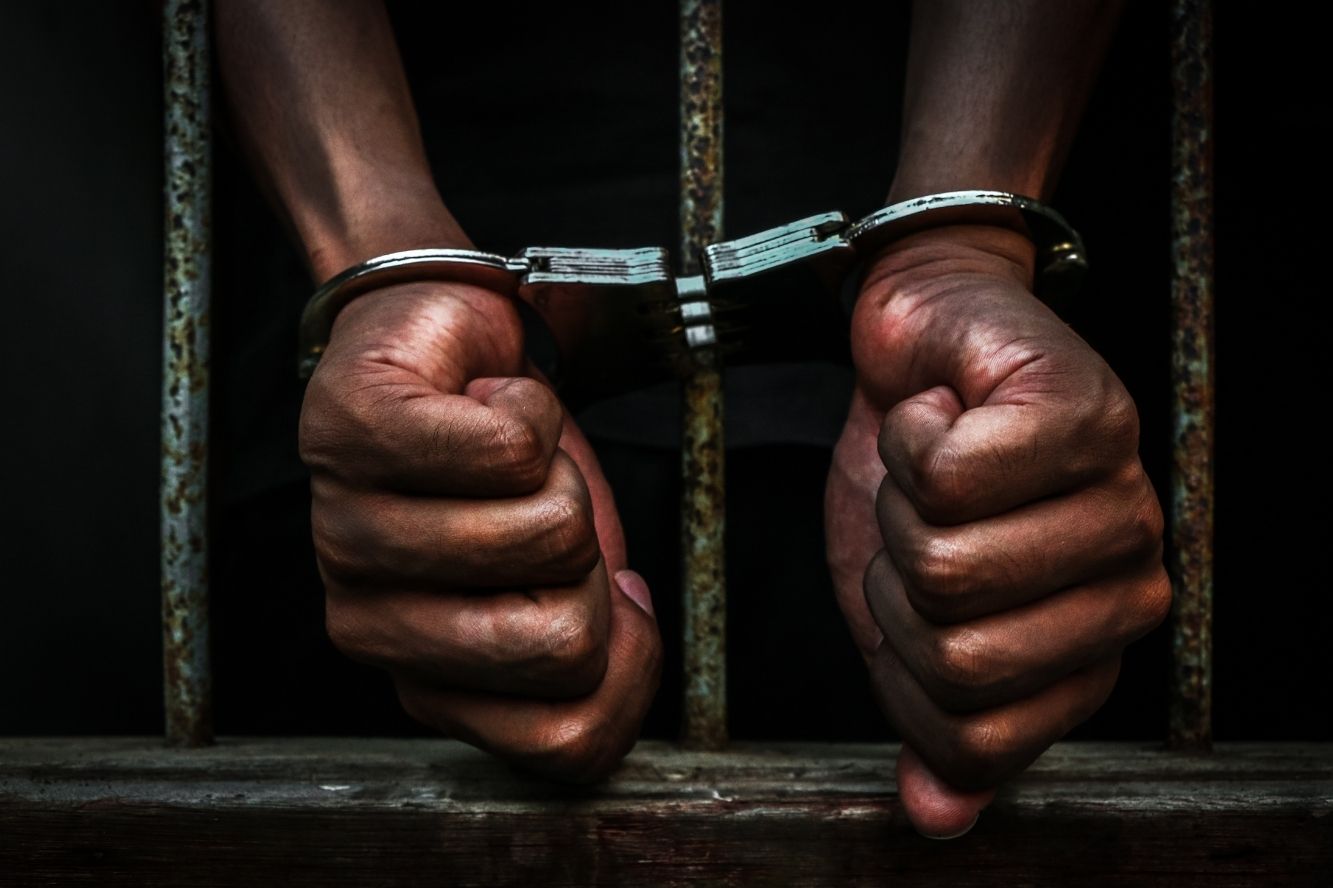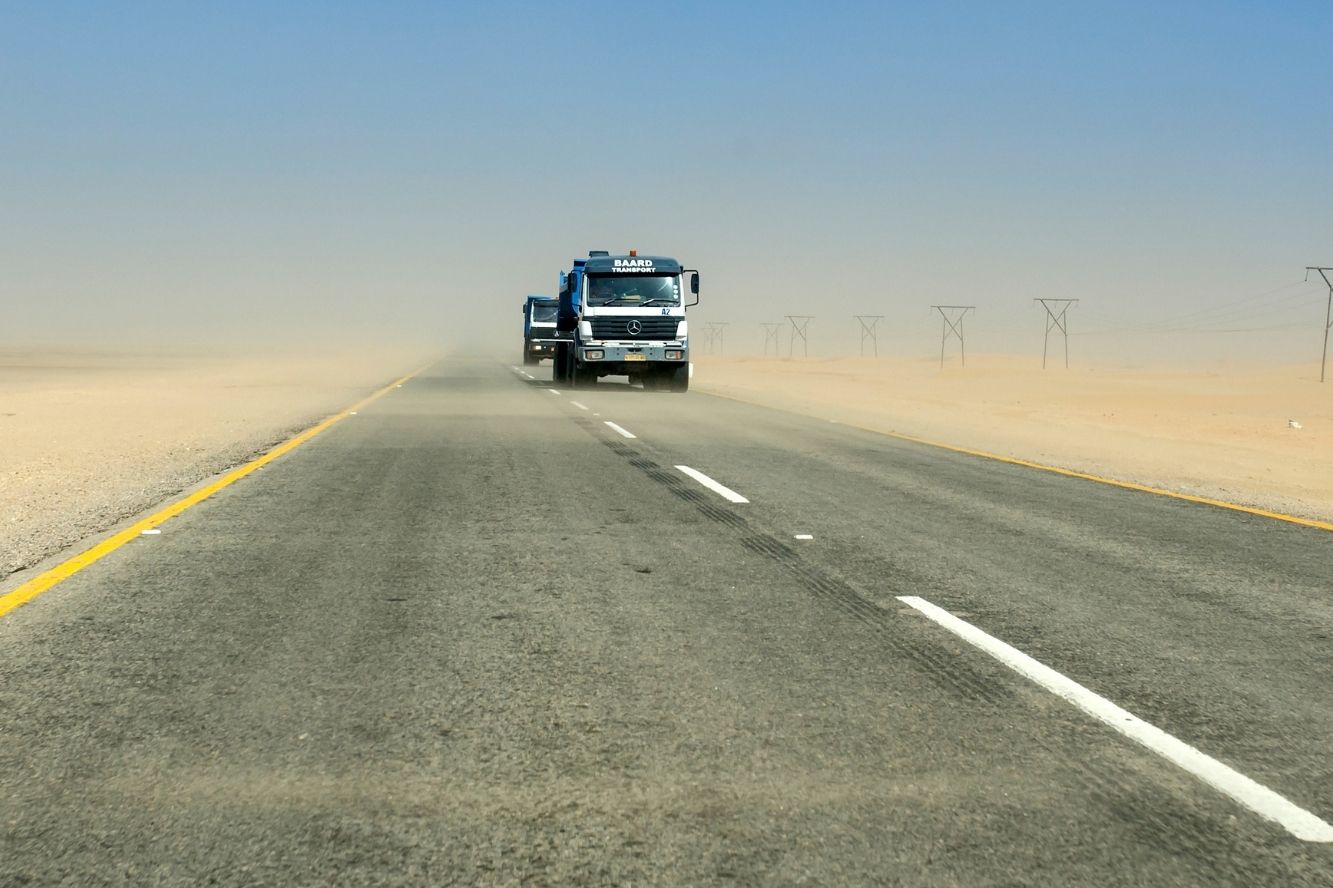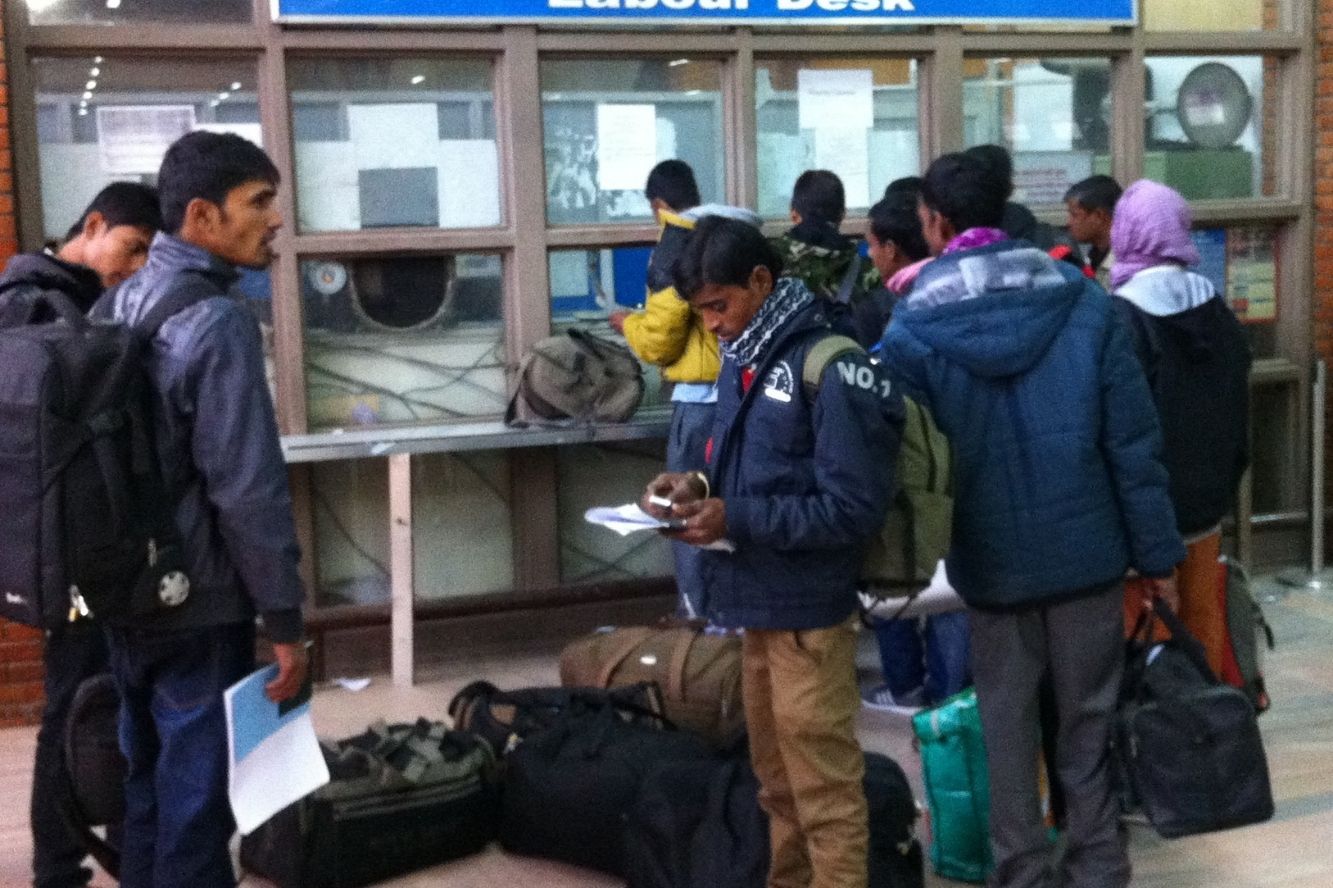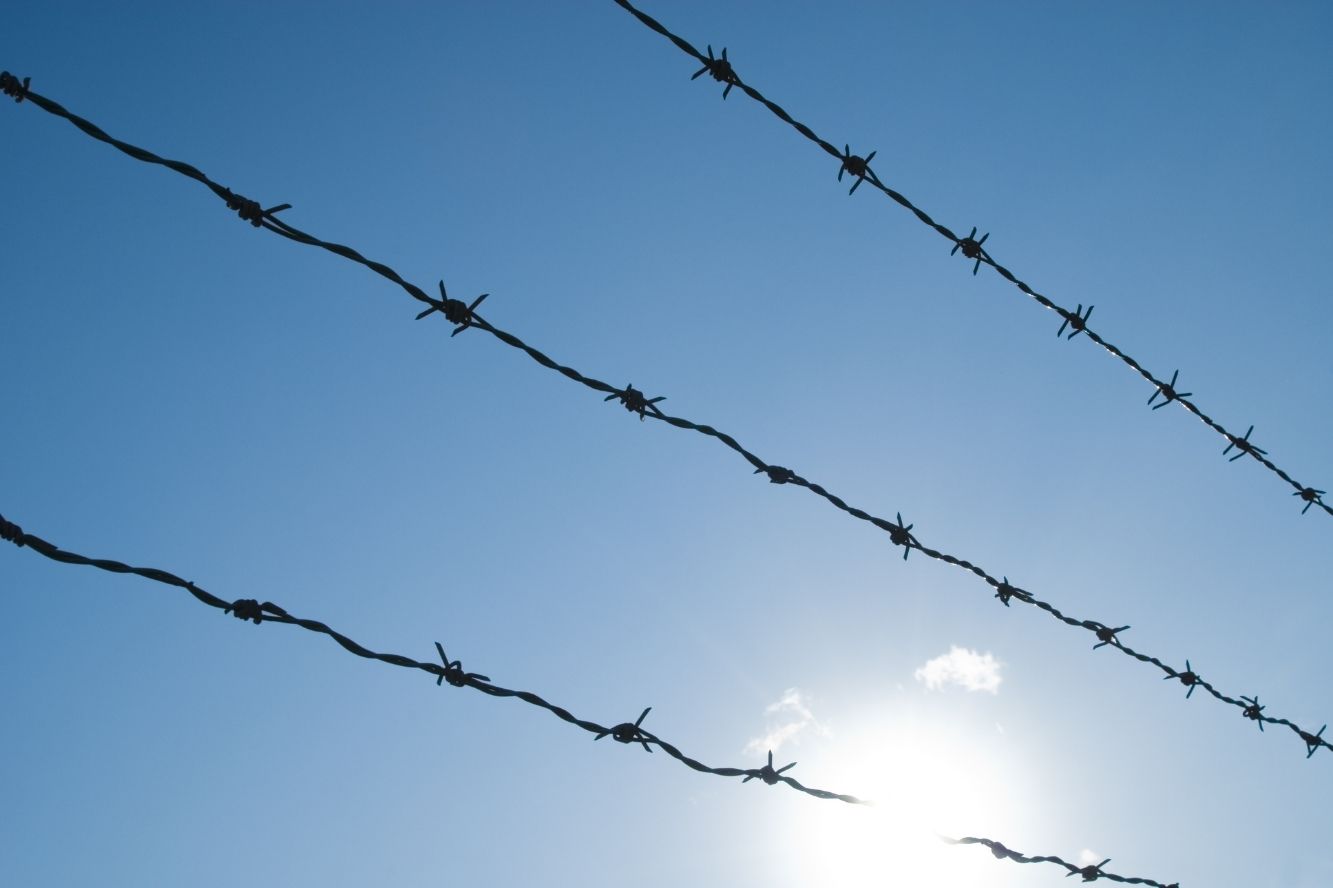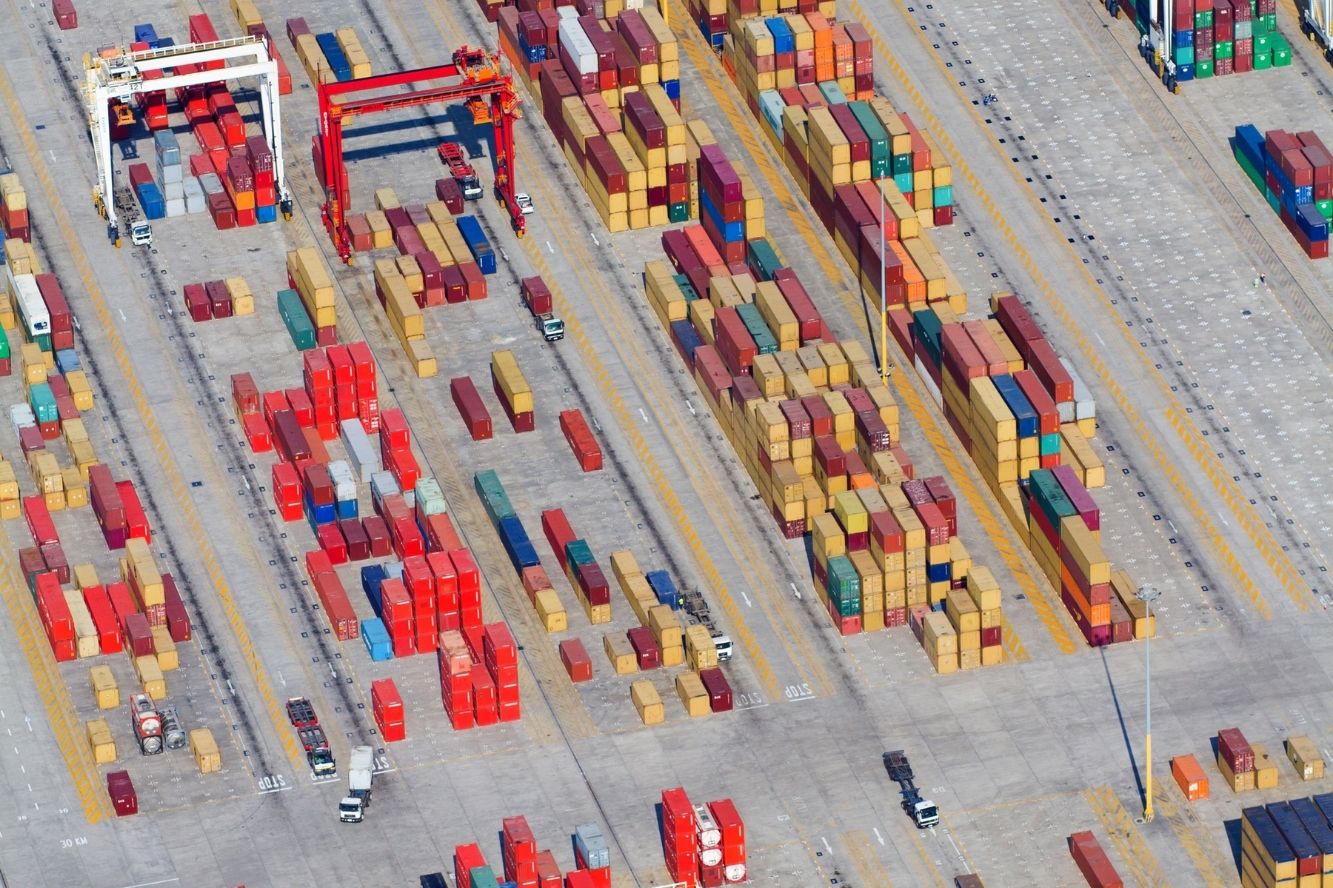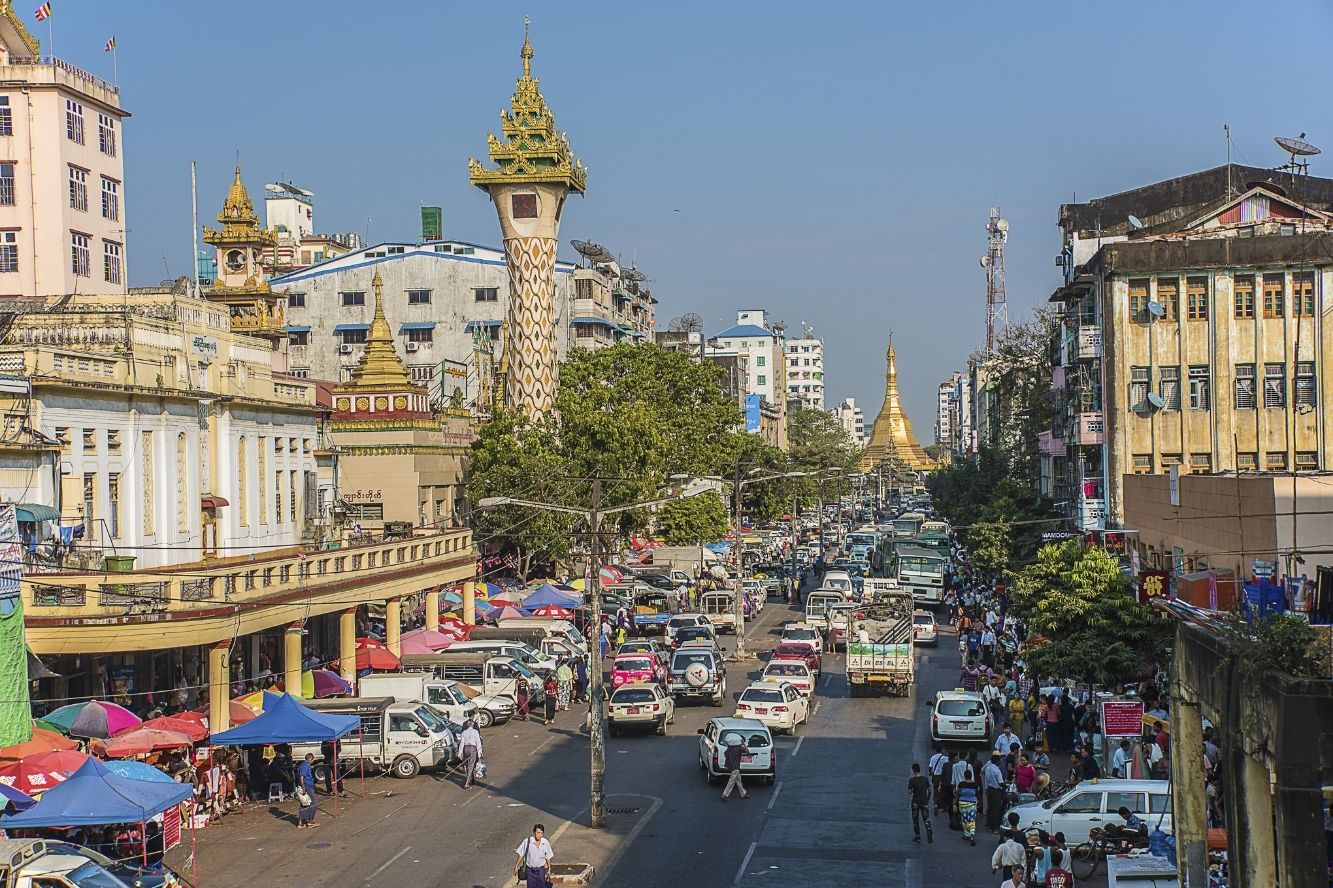Article 23 of the UDHR affirms that “Everyone has the right to work, to free choice of employment, to just and favourable conditions of work, and to protection against unemployment.” This Article goes on to guarantee “equal pay for equal work”, to “just and favourable remuneration” and “to form and to join trade unions” as fundamental rights.
Protecting the dignity of workers requires respect for them and for their human rights. This includes enabling rights in the UDHR that allow workers to shift their status from “victims” to actors of change.
By joining together, workers can change the balance of power. And, having power is essential to decent work, safety and health, and living wages – all of which contribute to inclusive, diverse, and vibrant communities, politically, socially, and economically. Rights in the UDHR were further developed with ILO Convention 87 on freedom of association and in Convention 98 on organising and collective bargaining.
The intimate relationship between enabling rights and protecting dignity means that the corporate responsibility to respect human rights is also about respecting workers as equal partners. Rights and respect are not abstract and philosophical. On a construction site, for example, it means being able to look the boss in the eye, refuse work that endangers life and limb, and challenge harassment and abuses of power.
In the global construction industry, human rights violations are common with extensive use of sub-contractors, exploitation of migrant workers, and an explosion of precarious, often temporary work. It is important, but not enough, to reaffirm support for human rights.
Building and Wood Workers’ International (BWI) strives to expand the space for workers to organise for rights, including by negotiating with employers, developing global framework agreements, engaging governments, and mobilising on the ground.
These pillars of our work are integrated into the overall framework of BWI’s Global Sports Campaign for Decent Work and Beyond. We have seen positive changes in several countries. In Qatar, for example, we are cooperating with the Government, Supreme Committee for Delivery and Legacy, multinational companies, and the ILO to improve occupational health and safety conditions, including through joint inspections as well as helping elected workers’ committee members defend workers’ rights.
In 2019, these and other advances will move us closer to our aim of ensuring full protection and respect for the human rights of all workers. By cooperating with our global network of partners, including IHRB, we can support workers in their efforts to have their voices heard and to defend their own rights.
Author: Ambet Yuson, Building and Wood Workers' International
Ambet Yuson is General Secretary of Building and Wood Workers' International (BWI). The BWI is the Global Union Federation grouping free and democratic unions with members in the Building, Building Materials, Wood, Forestry and Allied sectors.


